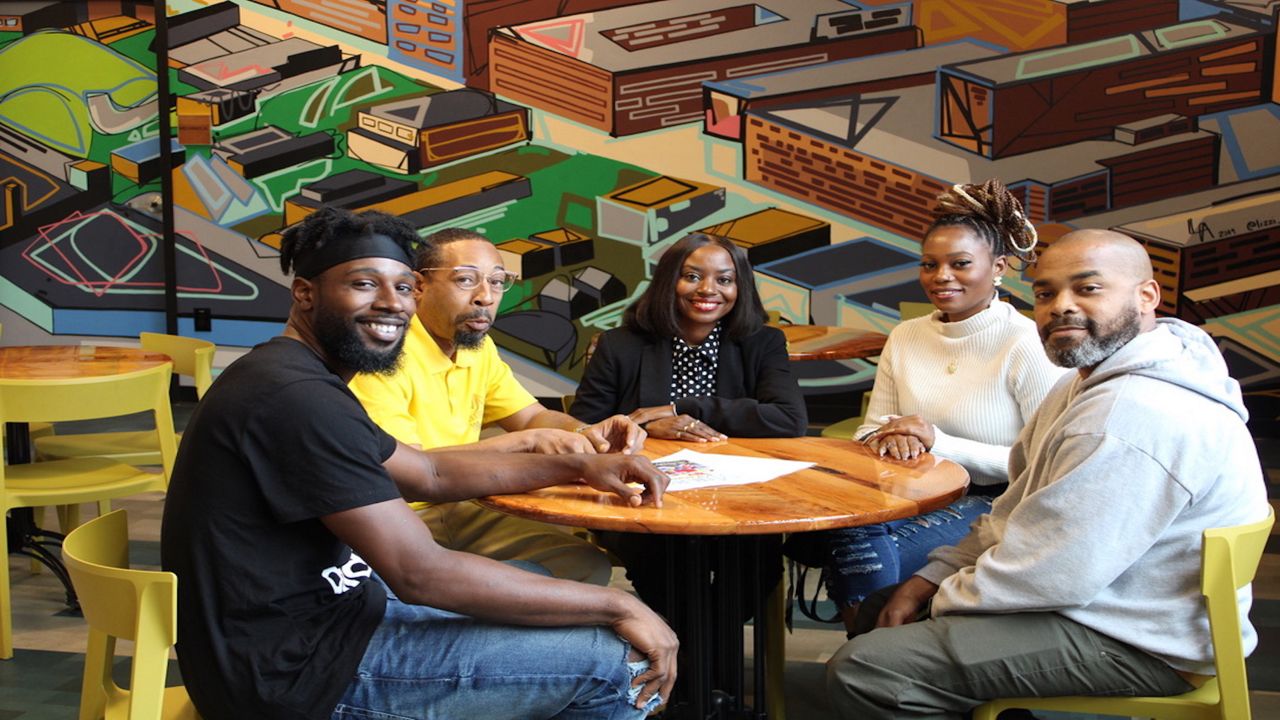AKRON, Ohio — Akron is one of two Ohio cities among the 50 finalists vying for $1 million grants to fund “bold, urban innovations” in Bloomberg’s 2021 Global Mayors Challenge.
The finalists are expected to learn this month whether they are among 15 grand-prize winners. Winning cities also will receive multi-year support to implement their ideas, which could potentially be used in other cities, Bloomberg said.
Akron and Columbus were named finalists in June, Bloomberg said. The cities were selected based on four project characteristics: Vision, potential for impact, feasibility and transferability.
Four mayors challenges have been held, with two in the U.S. in 2013 and 2018, one in Europe in 2014, and one in Latin America and the Caribbean in 2016.
With 2021 the first global mayors challenge, Bloomberg asked for ideas that responded to the COVID-19 pandemic.
The submissions revealed the top priority in U.S. cities was racial justice, while social inclusion emerged as the leading theme in Europe, Bloomberg said. Infrastructure was No. 1 in Africa, which is facing rapid urbanization.
The Bloomberg Mayors Challenge was launched by Bloomberg Philanthropies and Bloomberg LP, founded by Michael Bloomberg, a former mayor of New York City.
“These 50 finalists are showing the world that, in the face of the pandemic’s enormous challenges, cities are rising to meet them with bold, innovative and ambitious ideas,” Bloomberg said in a release. “By helping these cities test their ideas over the coming months, we will have a chance to identify cutting-edge policies and programs that can allow cities to rebuild in ways that make them stronger and healthier, and more equal and more just.”
In Akron, Black residents comprise 30% of the city’s population, yet own fewer than 1% of local businesses, indicating a wealth gap the city is hoping to reduce by boosting entrepreneurism in the Black community, said Catey Breck, office of integrated development director.
To that end, Akron launched THRIVE, Targeted Help for Resilient Innovative Entrepreneurs, which aims to launch 200 new Black-owned businesses by applying the medical-rounds model of training doctors to training entrepreneurs.
A six-week pilot program for THRIVE paired Black entrepreneurs with professional mentors or “entrepreneurship pathway advisors” who guided them through training on a suite of business-related resources, Breck said.
“It's like the interdisciplinary approach to medicine, where you have different doctors who are addressing various issues with a patient,” Breck said. “We're doing the same thing with entrepreneurship.”
The pathway advisors worked with other Akron programs such as Elevate Akron, an initiative designed to drive business opportunity for the region, and Bounce, the city’s innovation hub, to pull in professionals from across the community based on the various issues each entrepreneur faced and based on the nature of each business, she said.
By the time the pilot ended, the teams had formed close relationships, she said. The city also surveyed the participants to find out what could be changed or added to strengthen the program.
“We know, based on our survey results, that entrepreneurs were really satisfied. And we know, also based on those survey results, the areas that we can improve,” she said. “We're going to keep working on it. We're just really hopeful that we can get this funding so we can run the program.”
The finalist project in Columbus is working to resolve a lack of wi-fi access in the city.
Nearly 26% of households in Franklin County are low income, making up nearly 69% of households without broadband, the city said.
When the pandemic forced schools to launch remote learning, one in four students couldn’t participate in their classes because of lack of access to wi-fi, the city said. It also affected families that needed internet access for job searches, food sources and home delivery as well.
In addition to winning $1 million each, the 15 winning cities will receive professional support for their programs for three years, Bloomberg said.



